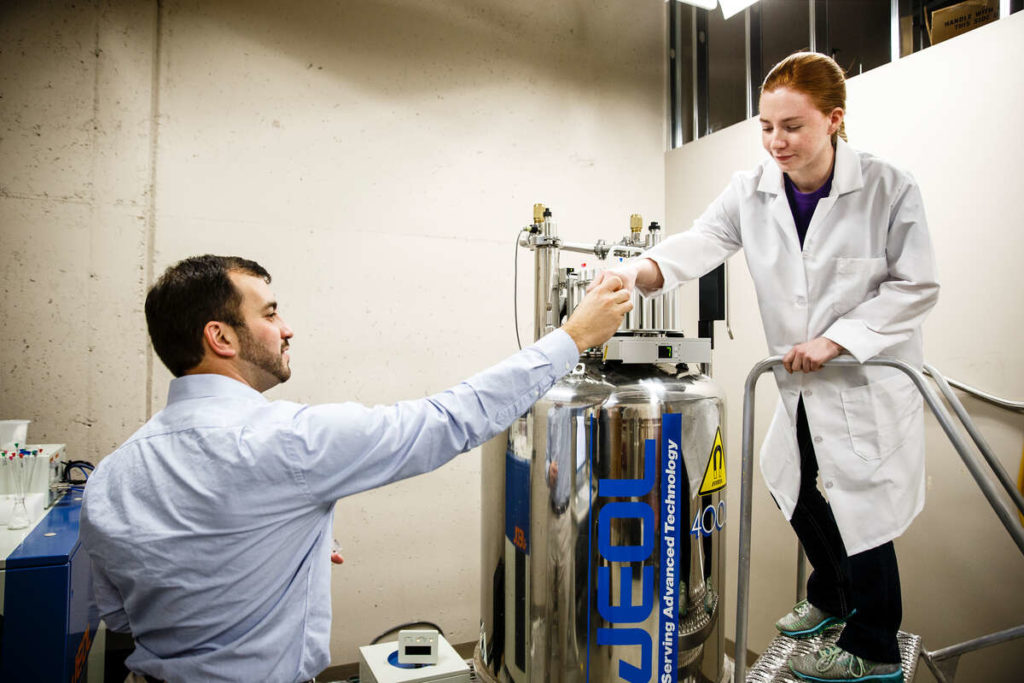This “Outside Consultant” column by Mike Porter, EdD, a faculty member in the Marketing Department at Opus College of Business, ran in the Star Tribune on Jan. 31, 2022.
In recent research with a couple of St. Thomas colleagues, we tested the experience of “patients” engaging with health care providers wearing masks versus those without. In particular, we presented the same “script” with actors changing only tone, facial expression and body language in delivering a positive versus negative version of a consultation.
This research uncovered a number of things, but as it relates to the question above, the data showed that patients still seemed to perceive the meaning of facial expressions, in the context of other body language and tone, to grasp the intent of what went on behind the mask.
What this means in relation to the question above – encourage staff and providers to engage with patients (or customers in other businesses) as if wearing invisible masks. People understand meaning from the entire person, not just between the chin and nose.
Plus, with the right body language – focused gaze, open presence and other inviting actions – a focused service person can create a quick connection. Once established, a few acknowledgments of the limits due to staffing, and genuine effort to deliver the best possible experience in complex circumstances, consistently leads to overall positive perceptions of the experience.
Think about a time you visited a store or restaurant and received service from a clearly overwhelmed staff person. If that person continued to engage with you and kept you in the loop on the progress of your request, instead of feeling put out, you may have left with some sympathy for the worker.
Obviously, some patients and customers still approach service interactions with pre-COVID expectations. As anyone who ever delivered customer service can attest – some folks will always prove problematic. So, first provide your team members with the tools and real support necessary to manage the troublesome cases, while helping them focus on the successes and gracious people served each day instead.
Finally, remember that in health care, anyone wearing some form of scrubs becomes part of the “health care team” in the eyes of patients. This means working with administrative and other support staff like custodians becomes important. Take time to train everyone to treat every patient contact, however fleeting or seemingly insignificant, as critical to the overall experience.
Mike Porter, EdD, is a faculty member in the Marketing Department at the University of St. Thomas Opus College of Business.







